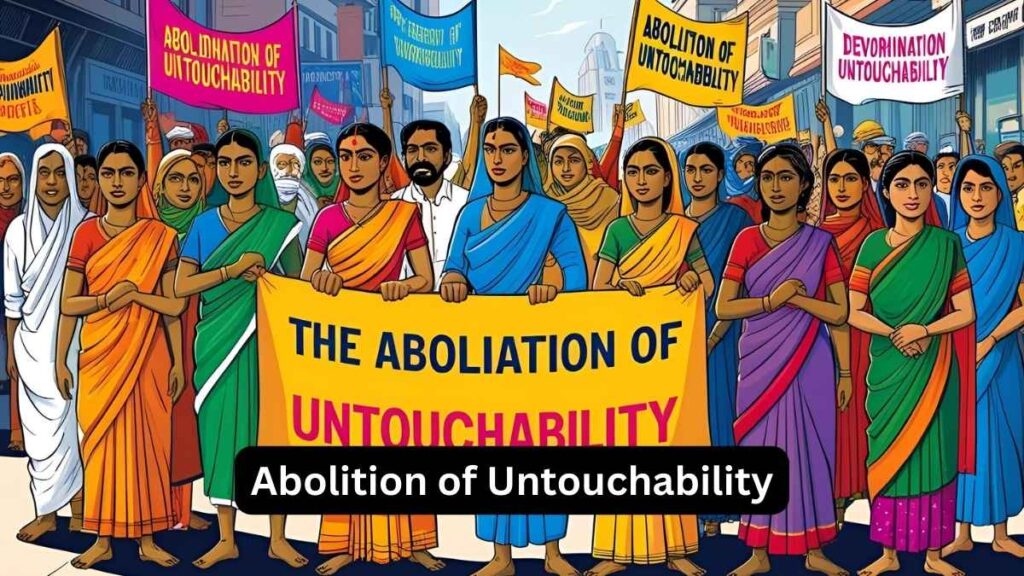Font size:
Print
Concerns Over Biodiversity Offsets and Credits
Context:
A coalition of over 270 civil society organisations and academics raised concerns on October 2, 2024, about biodiversity offsets and credits. These mechanisms, intended to fund biodiversity conservation, have faced opposition ahead of the 16th Conference of Parties (COP16) to the United Nations Convention on Biological Diversity in Cali, Colombia.
Key Concerns Raised:
- Risks to Ecosystems and Communities: Biodiversity offsets and credits may harm ecosystems and vulnerable communities, much like carbon markets.
- Displacement and Socio-economic Consequences: The statement highlighted fears of land grabs, community displacement, and human rights abuses, particularly affecting Indigenous Peoples, women, youth, and small-scale food producers.
- Function of Biodiversity Credits: Biodiversity credits work similarly to carbon credits, compensating for biodiversity loss by funding conservation elsewhere. However, critics argue this merely shifts harm rather than preventing it.
Criticism of Market-Based Solutions:
- Fundamental Flaws: Critics claim biodiversity credits are more focused on financial transactions than genuine protection of nature. These mechanisms could repeat the mistakes of carbon markets.
- Exacerbation of Inequalities: Wealthy nations and corporations could buy credits from poorer countries in the Global South, leading to land grabs and further marginalisation of local and Indigenous communities.
- Gender-Based and Socio-Economic Risks: Women and marginalised groups face heightened risks, including gender-based violence and loss of access to land and resources.
Systemic Challenges:
- Delaying Systemic Changes: Like carbon offsets, biodiversity credits may temporarily address symptoms without tackling the root causes of biodiversity loss, potentially delaying urgent action.
- Challenges in Measurement and Management: Measuring biodiversity and ensuring long-term conservation is technically challenging, raising concerns about the reliability and mismanagement of credits.
Activists’ Calls for Real Change:
- Non-Market Solutions: Activists argue for strengthening environmental regulations, ending harmful subsidies, and securing equitable funding for community-led conservation efforts.
Safeguarding Indigenous Rights: A focus on Indigenous territories and tenure rights is seen as crucial for effective biodiversity protection.
Subscribe to our Youtube Channel for more Valuable Content – TheStudyias
Download the App to Subscribe to our Courses – Thestudyias
The Source’s Authority and Ownership of the Article is Claimed By THE STUDY IAS BY MANIKANT SINGH




